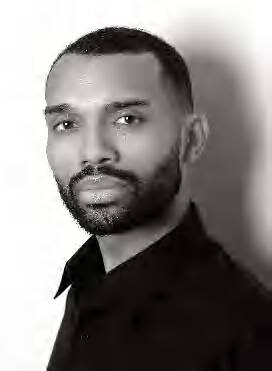The following are excerpts from the book, Shop Class as Soulcraft: An Inquiry Into the Value of Work, by Matthew B. Crawford, a Doctor of Political Philosophy, and mechanic.
"... a genuine crisis of confidence in our most prestigious institutions and professions ... Wall Street in particular has lost its luster as a destination for smart and ambitious young people ... The meta-work of trafficking in the surplus skimmed from other people's work suddenly appears as what it is ..." (pg. 9)
"The satisfactions of manifesting oneself concretely in the world through manual competence ... relieve him of the felt need to offer chattering interpretations of himself to vindicate his worth." (pg. 15)
"Any high school principal who doesn't claim as his goal 'one hundred percent college attendance' is likely to be accused of harboring 'low expectations' and run out of town by indignant parents. This indignation is hard to stand against, since it carries all the moral weight of egalitarianism. Yet it is also snobbish, since it evidently regards the trades as something 'low' ... At this weird moment of growing passivity and dependence, let us publicly recognize a yeoman aristocracy: those who gain real knowledge of real things, the sort we all depend on every day." (pg. 32)
"... consider fresh the human dimension of work [as opposed to automation/computers]. In what circumstances does the human element remain indispensable, and why? [Frank] Levy ... writes that '... creativity [sic] is knowing what to do when the rules run out or there are no rules in the first place ...' " (pg. 35)
"The dichotomy of mental versus manual didn't arise spontaneously." (pg. 37)
"... cognitive stratification." (pg. 47)
"Robert Jackall ... concludes that one of the principles of contemporary management is to 'push details down and pull credit up.' That is , avoid making decisions because they could damage your career, but then spin cover stories after the fact that interpret positive outcomes to your credit ... managerial ass covering ..." (pg. 50)
"One feels like a man, not a cog in a machine." (pg. 53)
"The sociologist of education Randall Collins describes a cycle of credential inflation that 'could go on endlessly, until janitors need Ph.D.'s and babysitters are required to hold advanced degrees in child care.' " (pg. 143)
"Occupations based on universal, propositional knowledge are more prestigious, but they are also the kind that face competition from the whole world as book learning becomes more widely disseminated in the global economy. Practical know-how, on the other hand, is always tied to the experience of a particular person. It can't be downloaded, it can only be lived." (pg. 162)
"If thinking is bound up with action, then the task of getting an adequate grasp on the world, intellectually, depends on our doing stuff in it. And in fact this is the case: to really know shoelaces, you have to tie shoes." (pg. 164)
"The [chess] expert is expert not because he has a better memory in general, but because the patterns of chess are the patterns of his experience." (pg. 170)
"You can earn money at something, without the money - or what it buys - being the focus of your day. To be capable of sustaining our interest, a job has to have room for progress in excellence."
Tuesday, June 8, 2010
Subscribe to:
Post Comments (Atom)

You look so familiar. Where do I know you from? I live in Dallas as well but cant pin point it. Hmmmm.
ReplyDelete